Looking at the effects of trauma as a long term property that you find visible bursts of in the short term, The Return Of The Honey Buzzard evokes Nabokov and magic realism in a way that simplifies the concept and plays well to younger people, but might be a little unsatisfying and literal for adult readers.
Simon inherited the Antonisse Bookshop from his father, and he has turned it into a massive roadblock to achieving any of his personal dreams in life. Vowing to keep it alive at all costs — and if unable to, to go down with the ship out of some sense of duty — Simon is standing by and preparing for the closing of the shop, even as his wife has brokered a solution to save it. The solution does not appeal to the quiet oath that Simon has taken to allow the bookshop to be the seagull around his neck.
But the bookstore isn’t the only thing that from the past that is clinging to Simon. There’s also the memory of his childhood friend, Ralf, who is tortured by bullies in school, and who elicits a great sense of guilt in Simon. There’s also a more recent jolt — Simon witnesses a violent tragedy that begins to cause him to move more inside himself and allow the burdens of the past to overwhelm his motions in the present. Some of that begins to change when he makes the acquaintance of a younger girl named Regina, and a friendship develops between the two.
For all the subtext about magic realism that is scattered throughout the book, the presentation of the story is extremely meat and potatoes and entrenched in the world we inhabit. Magic realism is a literary device that creates fictional dimensions that deny logical parsing as they fold in the impossible with the mundane, making the incredible, the weird, the mysterious just a part of the experience of the characters. That’s not really what happens here — magic realism is used more as a way of making logical the internal emotional struggles of the character. Magic realism should be, well … magic. And it’s not here. It’s actually a little mundane.
That’s a little disappointing, as it seems like a great chance to get all meta about the concept of magic reality in literary terms and use this genuinely interesting personal drama as a way to explain it to the younger audience this seems best suited for.
But even as a missed opportunity, I still liked The Return of the Honey Buzzard, because despite what it might have missed in the loftier corners of its interest, it does well with the emotional parts. Simon’s psychological journey is something that any adult of a certain age can identify with. Not that we all have traumas of the level that Simon experiences, but we do all have things that just won’t go away, and even after decades can affect, often unconsciously, the path of your life and the decisions you make in regard to it.
You never realize just how hard that is to grasp until you get old enough to have to deal with it. You can intellectually understand it when you’re young, but the hold it has over your life is unfathomable. Aimee de Jongh presents this with the same literalism that she does magic realism — while I can tell she hasn’t quite reached the age where she’s hit this horror of self-awareness, it’s obvious that she knows it’s coming, and she’s pretty good at presenting it in a way that is prescient to others who are only still on their way with her.


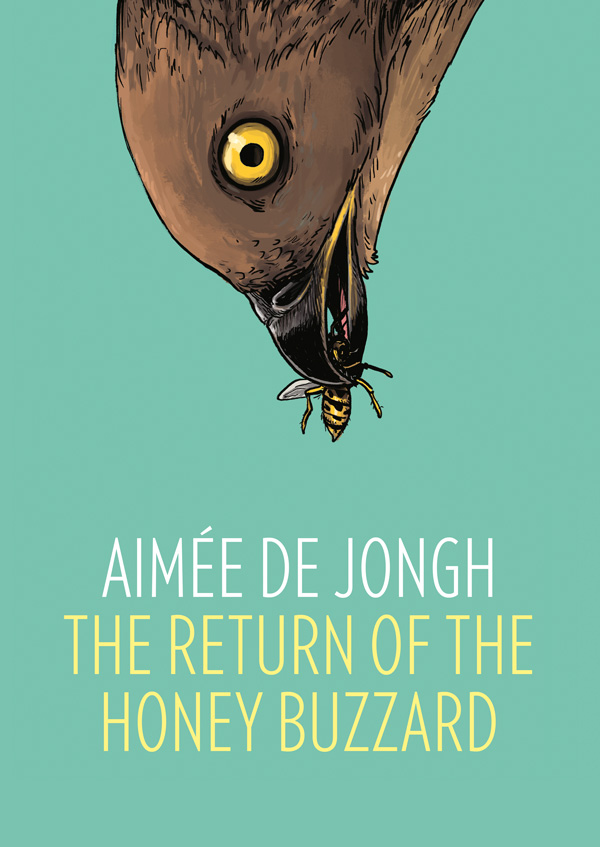
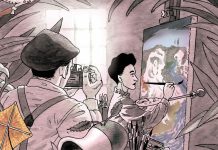
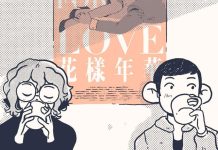
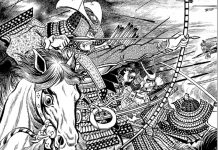
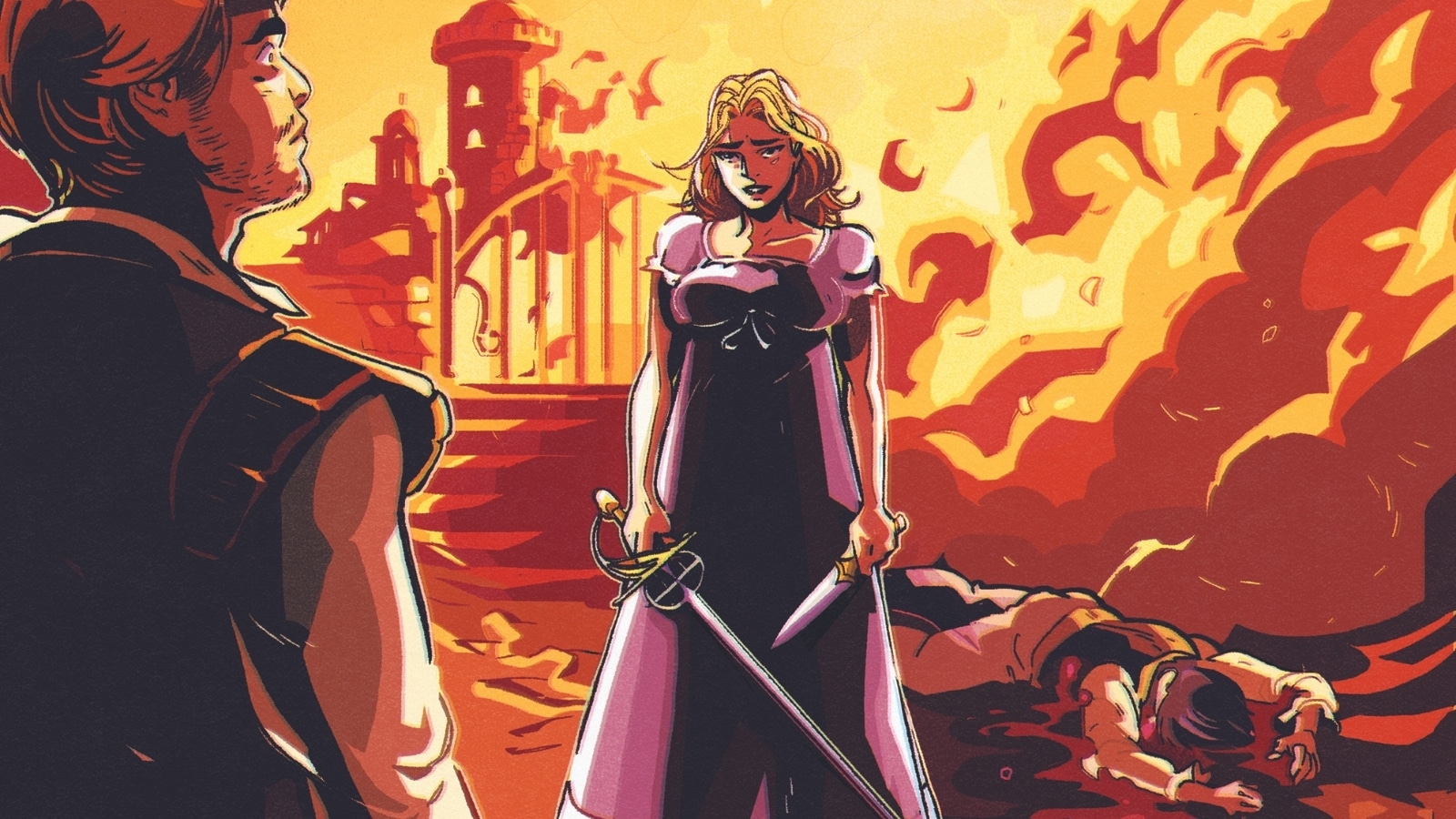

Get free amazon gift card code generator totally free of cost.
Comments are closed.